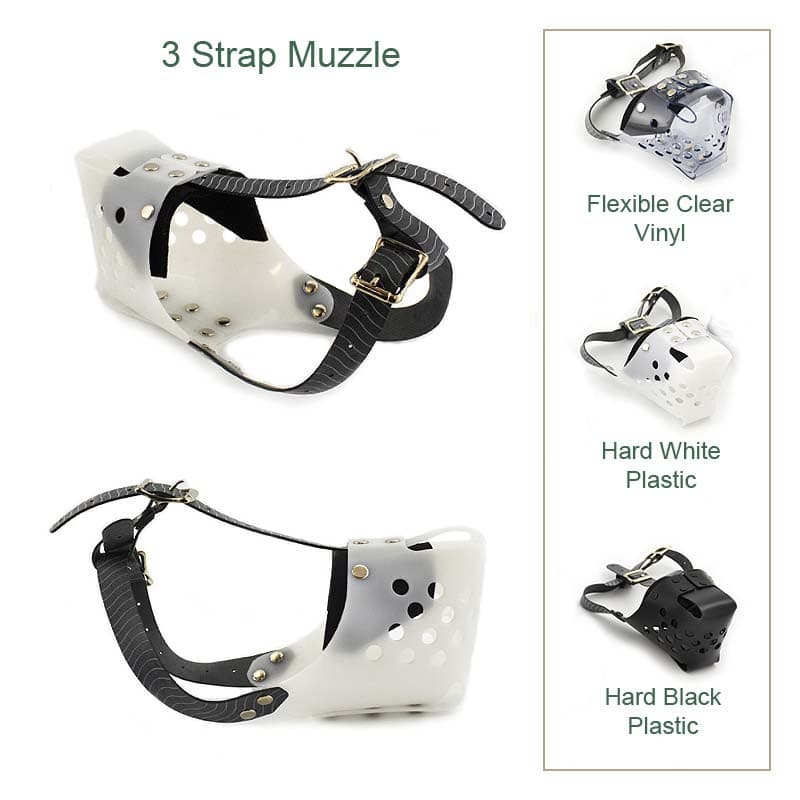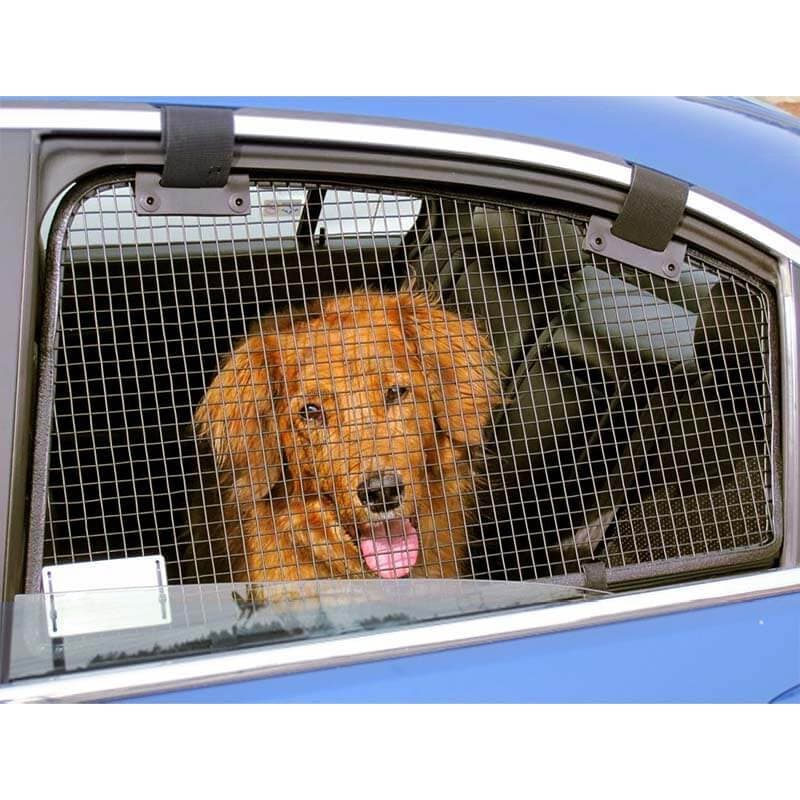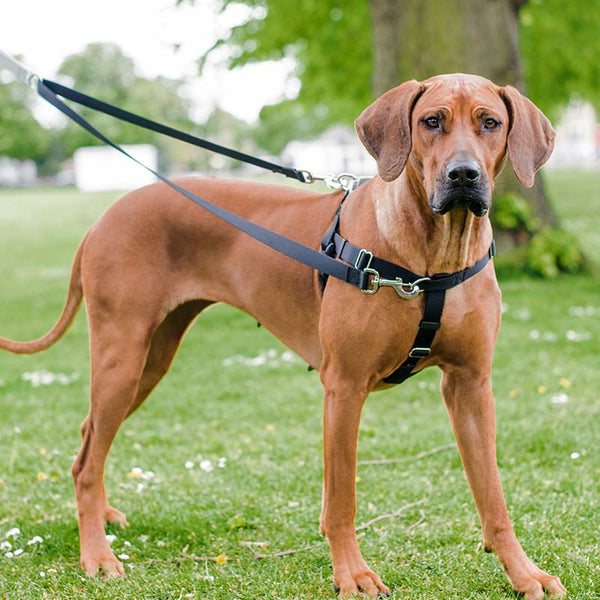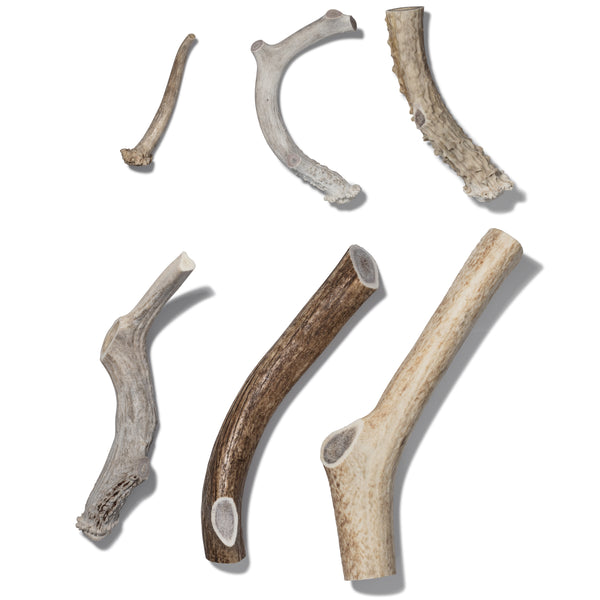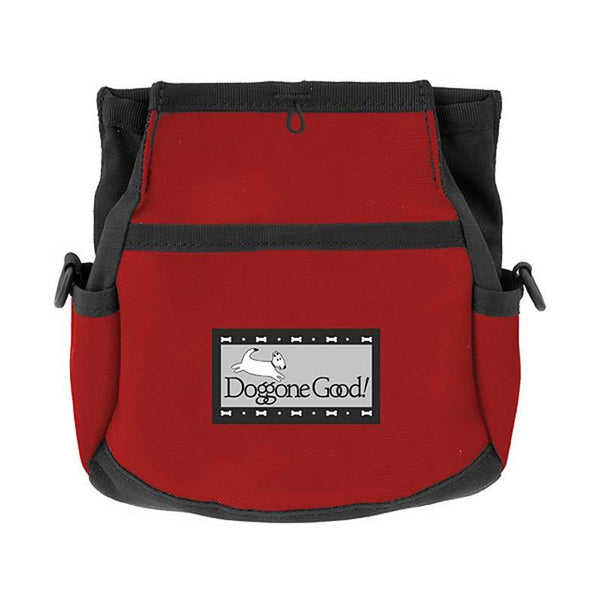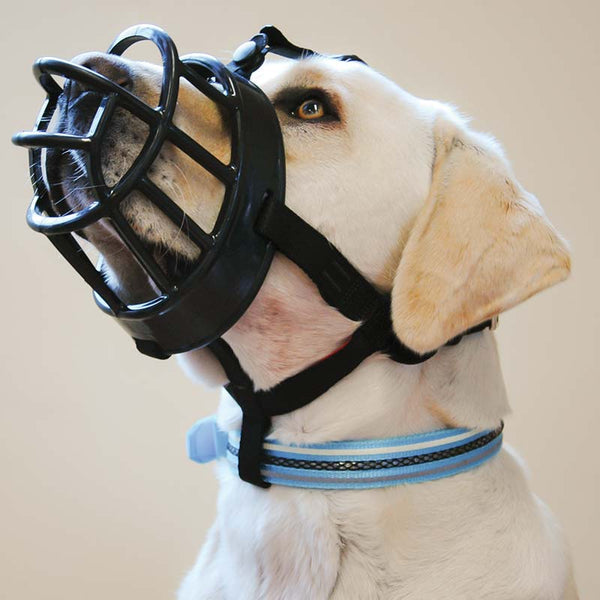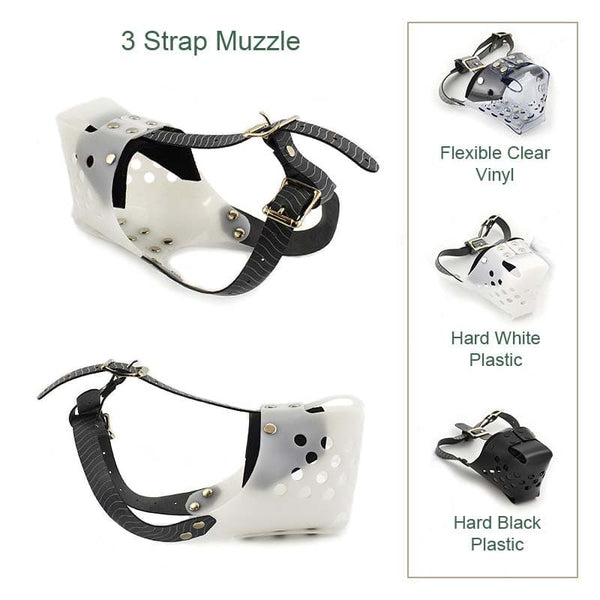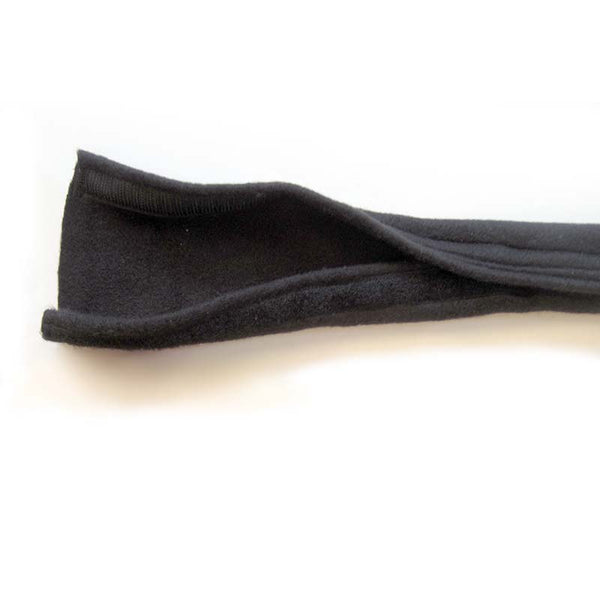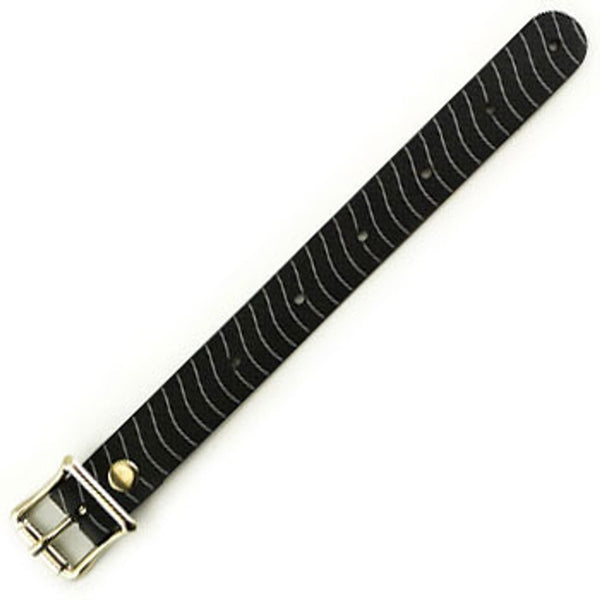Are Pit Bulls Aggressive? - by Shane Windatt

Photo: Wilson, my current foster dog.
One of the most frequent questions I get asked by dog owners is, "What do you think about pit bulls?"
As far as the general public goes, there seems to be three schools of thought on the subject. One contingent believes that pit bulls are very dangerous and unpredictable dogs that should be eliminated from the face of the earth. A second believes that bad owners or negative early experiences are to blame for aggressive incidents, which are overblown by the news media. The third suspects that there may be something about pit bulls to be wary about, but stops short of condemning the whole breed because they've had mixed experiences or not enough to generalize. It's this third group that asks the questions. The other two don't need to ask, because they KNOW.
We should all realize that the media can't be relied on to present a balanced picture. A "pit bull attack" just sounds more dramatic than a "chihuahua attack", and so one will be seen on the TV news while the other is known only to the people directly involved. The logical thing to do to find answers would be to look for statistics. Easier said than done. If you're interested in understanding the issue, look up a copy of "Dogs Bite" by Janis Bradley. She outlines the ways that available data is flawed, both in regard to tracking the number of dog bites that occur and the breeds responsible. When we look at breed rankings for aggression, we are as likely to find the cocker spaniel or beagle heading the list as any of the bully breeds.
I've personally been bitten by 5 or 6 dogs, and none of them looked remotely like a pit bull. On the other hand, pit bulls have been responsible for more than half of my knee injuries, which have been numerous. pit bulls have a very physical way of playing with other dogs which typically involves a lot of body slamming. And they are just the right height and weight to connect with your lower leg in a way that will knock it out from under you. Violently. When you're around frolicking pit bulls, my advice is to sit down quick.
It can be dangerous to generalize about "pit bulls", since this term means different things to different people. Does it refer to American pit bull Terriers, Staffordshire Terriers, Bull Terriers, or any dog with a short coat and a blocky head that isn't a Rottweiler? I've certainly seen boxer crosses that would fit most people's image of a pit, and I used to own a pit cross who looked and acted like a Duck Tolling Retriever. Working for the SPCA, I seldom encounter a purebred of any of the above breeds and don't usually attempt to differentiate.
According to the pit bull Central website, "pit bull" is NOT a breed. It's a generic term often used to describe all dogs with similar traits and characteristics known to the public as "pit bulls." It should be understood to encompass American Pit Bull Terriers, American Staffordshire Terriers, and Staffordshire Bull Terriers. All of these breeds have a history of being used in dog fighting and bear baiting, which lends credence to their reputation as "aggressive." But aggressive to whom? The general public still seems not to understand that aggression toward humans and aggression toward dogs are two distinct problems. Like cancer and diabetes are two different diseases; you can have both, but having diabetes doesn't mean you're more likely to have cancer.
In dog fighting circles, any dog who turned on humans was destroyed, and certainly not kept in the breeding pool. So it makes sense that pit bulls should be less aggressive toward people than the average dog, and indeed some studies do indicate this to be the case.
However, the concern that pit bulls are aggressive toward other dogs can't be easily dismissed. It's certainly not universally true; I'm fostering a pit bull right now who's very good with other dogs, and I've known plenty of others who were similarly reliable. But there were and are pit bulls bred specifically for dog fighting. Because of the move toward banning pit bulls in many communities, rescue organizations are tending to screen for aggression toward both humans and dogs very carefully. They need to ensure that the pit bulls they are adopting out are model citizens in order to reduce the societal prejudice that's currently out there.
I'm optimistic about the longer term outlook for the pit bull. Its current image will change as breeders and rescue organizations act scrupulously to improve the temperments of the dogs they produce and pass on. And they will, or the breed bans will continue. Remember in the 70's when Dobermans were considered to be vicious dogs? When was the last time you heard about a Doberman attack? Breeders successfully addressed temperment and now it's a non-issue with the general public. Drug dealers and other unsavory elements will choose another breed to wear on their arms, probably something much bigger and more dangerous than the stubby, naturally human-friendly dog they have been using. The "sport" of dog fighting may not disappear, but it will stay in the shadows, and fighting lines will become more distinct from pet and show stock. And, hopefully, people will come to the realization that dogs (and humans, and...) must be evaluated more as individuals, not as groups.
For more information on pit bulls, check out this excellent website: www.pbrc.net. Think you can identify a pit bull? Test yourself!
Shane Windatt, CTC, CPDT
Pawsitive Spin Dog Training and Boarding
(250) 559-8807

- Choosing a selection results in a full page refresh.
- Press the space key then arrow keys to make a selection.


